Home>diy>Building & Construction>How Much Does It Cost To Rent A Building For A Business
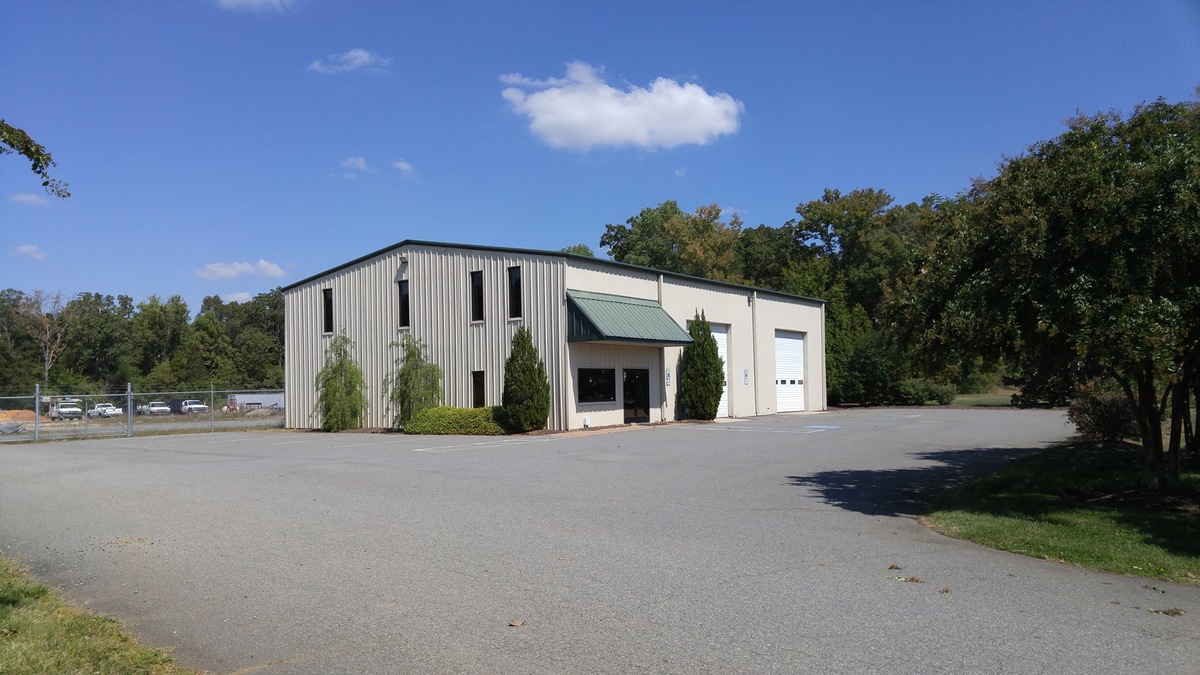

Building & Construction
How Much Does It Cost To Rent A Building For A Business
Modified: January 6, 2024
Discover the average cost of renting a building for your business. Find affordable options for building construction and start your business journey today.
(Many of the links in this article redirect to a specific reviewed product. Your purchase of these products through affiliate links helps to generate commission for Storables.com, at no extra cost. Learn more)
Introduction
When starting a business, one of the most important decisions to make is finding the right location. Whether you’re a small startup or an established company looking to expand, finding a suitable building to rent for your business is crucial. However, the cost of renting a building can vary significantly depending on various factors. Understanding these factors and how they affect rental costs is essential for making an informed decision.
In this article, we will explore the factors that influence the rental costs of business buildings. We will also delve into different types of commercial buildings available for rent and provide insights into their respective rental costs. Additionally, we will discuss the extra expenses that come with building rentals and offer tips on negotiating rental rates. By the end of this article, you will have a better understanding of the pricing structure and be better equipped to make decisions regarding renting a building for your business.
Key Takeaways:
- Factors such as location, size, amenities, and building condition significantly influence the rental costs of business buildings. Understanding these factors is crucial for making informed decisions when renting a space for your business.
- Researching market rates, hiring a commercial real estate agent, and implementing effective negotiation strategies can help you secure a favorable rental rate for your business building. Understanding the leasing process and being open to compromise are key components of successful negotiations.
Factors Affecting Rental Costs for Business Buildings
When it comes to renting a building for your business, several key factors influence the rental costs. Understanding these factors will help you determine a reasonable budget and find a space that meets your needs. Let’s explore the main factors affecting rental costs for business buildings:
Location
The location of a business building plays a significant role in determining its rental cost. Buildings located in prime areas, such as downtown or in commercial districts, tend to have higher rental prices due to their proximity to amenities, transportation, and a large customer base. On the other hand, buildings in less desirable or remote locations may have more affordable rental rates.
Size and Layout
The size and layout of a business building directly influence its rental cost. Larger buildings generally command higher rents, as they offer more space for offices, storage, or customer areas. Additionally, the layout of the building, including the number of rooms, common areas, and open floor plans, can impact the rental price. Buildings with flexible layouts that cater to different business needs might be priced higher than those with fixed structures.
Building Amenities
The amenities offered by a business building can greatly affect its rental cost. Buildings with modern amenities and facilities, such as high-speed internet, advanced security systems, parking spaces, and shared meeting rooms, may come at a higher price. Additionally, buildings with certain added features like gyms, cafes, or childcare facilities might have higher rental rates due to the convenience they provide to businesses and their employees.
Condition and Age of the Building
The overall condition and age of the building can also impact its rental cost. Brand new or recently renovated buildings with modern infrastructure and energy-efficient systems may have higher rental prices due to their superior condition. Older buildings, on the other hand, may offer more affordable rental rates but might require additional maintenance or upgrades in the long run.
Considering these factors when searching for a business building to rent will provide you with a better understanding of how they contribute to the overall rental costs. By evaluating your specific needs and balancing them with your budget, you can find a building that aligns with your requirements.
Types of Business Buildings for Rent
When it comes to renting a building for your business, there are several types of commercial properties available. Each type offers distinct features and is designed to cater to specific business needs. Let’s explore the different types of business buildings you can consider for rent:
Office Buildings
Office buildings are specifically designed to provide a professional and conducive environment for businesses. They offer dedicated office spaces where companies can conduct their day-to-day operations. Office buildings often have amenities such as conference rooms, reception areas, and shared facilities like kitchenettes and restrooms. They come in various sizes, ranging from small individual offices to large corporate buildings. Rental costs for office buildings tend to be higher in prime locations and can vary based on factors such as the floor level, view, and interior finishes.
Retail Spaces
Retail spaces are geared towards businesses that operate in the retail industry. These spaces are typically located in commercial areas with high foot traffic, as their primary purpose is to attract customers. Retail spaces may be standalone buildings, part of shopping centers, or located within malls. They offer storefronts with large display windows, open floor plans, and sometimes additional storage space. The rental cost of retail spaces can vary significantly depending on factors such as the location, size, visibility, and proximity to other businesses.
Industrial Warehouses
Industrial warehouses are suitable for businesses involved in manufacturing, production, or warehousing. These buildings are characterized by their large open spaces, high ceilings, and loading docks. Industrial warehouses are designed to accommodate heavy machinery, storage racks, and logistical operations. The rental cost of industrial warehouses is influenced by factors such as location, size, amenities like climate control or specialized equipment, and accessibility to major transportation routes.
It’s important to consider the nature of your business and its specific requirements when selecting a type of building to rent. Evaluate factors such as the type of operations, target audience, and space needed to ensure that the chosen business building aligns with your goals and allows for smooth operations.
Rental Costs for Various Business Buildings
When considering renting a business building, it is crucial to have a clear understanding of the rental costs associated with different types of commercial properties. While rental prices can vary significantly depending on location and specific factors, we can provide a general overview of the rental costs for each type of business building:
Office Building Rental Costs
The rental costs for office buildings can vary based on several factors, including location, size, amenities, and the overall quality of the building. In prime urban areas or central business districts, office buildings tend to have higher rental rates. On average, smaller office spaces or offices located on lower floors may be more affordable than larger spaces or those with premium features such as a view or high-end finishes. Renting office space on a per-square-foot basis is common, and prices can range from $10 to $100 or more, with higher-priced office buildings often offering more luxurious facilities and services.
Retail Space Rental Costs
The rental costs for retail spaces can widely vary depending on location, size, visibility, foot traffic, and nearby amenities. Retail spaces located in bustling shopping districts or popular malls typically have higher rental rates due to their prime location and potential for increased customer activity. In comparison, retail spaces in less busy areas or standalone buildings may have lower rental costs. Retail spaces are commonly leased using a combination of base rent and additional percentage-based rent based on sales. The base rent can range from $20 to $200 per square foot annually, while additional percentage rent is often a percentage of gross sales, typically ranging from 3% to 10%.
Read more: How Much Does Apartment Building Cost
Industrial Warehouse Rental Costs
Industrial warehouses are typically leased based on their square footage. The rental costs for industrial warehouses depend on factors such as location, size, accessibility, amenities, and whether the space is specialized for any particular industry. Industrial spaces located near major transportation routes or in industrial parks tend to have higher rental rates. The average rental costs for industrial warehouses can range from $5 to $25 per square foot annually, although specialized facilities or warehouses in high-demand areas can command higher prices.
It’s important to note that the rental costs mentioned above are general estimates and can vary significantly based on factors specific to each property. It’s advisable to consult with a commercial real estate agent who can provide more accurate information based on your specific requirements and the local market conditions.
Additional Expenses to Consider in Building Rentals
When renting a building for your business, there are additional expenses beyond the basic rental cost that you should consider. Understanding these expenses will help you plan your budget effectively and avoid any surprise costs. Here are some common additional expenses associated with building rentals:
Insurance Costs
Insurance is an important consideration when renting a business building. You will need to obtain property insurance to protect your assets and liabilities. The cost of insurance will depend on factors such as the value of your property, the type of business you operate, and the coverage limits you require. It’s essential to research insurance options and obtain quotes from different providers to find the best coverage at a reasonable cost.
Utilities and Maintenance Fees
Utilities, including electricity, water, heating, and cooling, are necessary for running your business space. These costs are often the responsibility of the tenant and need to be factored into your budget. Additionally, some buildings may charge maintenance fees to cover common-area maintenance and repairs. These fees contribute to the upkeep of shared spaces like lobbies, elevators, parking lots, and landscaping. It’s important to inquire about the estimated costs of utilities and maintenance fees when negotiating the lease agreement.
Read more: How Much Does It Cost To Build A Chimney
Common Area Charges
Many commercial buildings require tenants to contribute to the expenses associated with maintaining common areas such as hallways, restrooms, and shared amenities. Common area charges, also known as CAM (Common Area Maintenance) charges, cover expenses like cleaning, security, landscaping, and snow removal. These charges are typically shared among all tenants based on their proportionate share of the building’s rentable square footage. Common area charges can vary depending on the size of the building, the level of amenities provided, and the overall maintenance requirements.
It is important to thoroughly review the lease agreement to understand the specific details and responsibilities regarding these additional expenses. Consulting with a commercial real estate expert or an attorney can also be beneficial to ensure that you have a clear understanding of all the costs associated with renting a business building.
Negotiating Rental Rates for Business Buildings
When renting a business building, it’s important to explore options for negotiating rental rates to ensure you secure a favorable lease agreement. Here are some effective strategies for negotiating rental rates:
Researching Market Rates
Before entering into negotiations, conduct thorough research on market rental rates in the desired location and property type. Understand the average rental rates for similar buildings in the area, taking into account factors such as size, amenities, and condition. This knowledge will provide you with leverage during negotiations and help you determine a fair rental price that aligns with current market trends.
Hiring a Commercial Real Estate Agent
Consider hiring a commercial real estate agent to represent your interests during the negotiation process. These professionals have in-depth knowledge of the local market and can expertly negotiate on your behalf. They can help you find suitable properties, assess market conditions, and provide valuable insights on rental rates. A skilled agent will leverage their negotiation skills to secure favorable terms for you.
Read more: How Much Does It Cost To Build A Balcony
Negotiation Strategies
When it comes to negotiating rental rates, consider implementing the following strategies:
- Start with a reasonable offer: Begin the negotiation with a competitive but reasonable rental offer based on your research. This demonstrates that you have done your due diligence.
- Emphasize long-term commitment: Landlords value stable, long-term tenants. If you are willing to commit to a longer lease term, it can provide stronger bargaining power when negotiating rental rates.
- Highlight your business value: Showcase the value your business brings to the property, such as a solid financial position, a successful track record, or unique services that attract customers. Landlords may be more willing to negotiate if they see the potential benefits of having your business in their building.
- Request concessions: In addition to negotiating the rental rate, consider negotiating for other concessions, such as a rent-free or reduced-rent period at the beginning of the lease, inclusion of certain utilities, or assistance with renovations or improvements.
- Be flexible: While it’s important to have a clear idea of your budget and desired terms, being open to compromise can lead to a mutually beneficial agreement. Consider alternative solutions, such as adjusting other lease terms or exploring different spaces within the building.
Remember, effective negotiation requires clear communication, patience, and a willingness to explore different options. By utilizing these strategies and seeking professional assistance when necessary, you can increase your chances of securing a rental rate that fits your budget and business needs.
Conclusion
Renting a building for your business is a significant decision that requires careful consideration. Understanding the factors that influence rental costs, the types of business buildings available, and the additional expenses associated with renting will help you make an informed choice. Negotiating rental rates can further help you secure a favorable lease agreement.
Factors such as location, size, amenities, and the condition of the building play a crucial role in determining rental costs. Office buildings, retail spaces, and industrial warehouses offer different features tailored to specific business needs. Rental costs vary across these types of buildings, so it’s important to evaluate what aligns best with your requirements and budget.
In addition to the basic rental cost, it’s essential to consider additional expenses like insurance costs, utilities and maintenance fees, and common area charges. Researching market rates, hiring a commercial real estate agent, and implementing effective negotiation strategies can help you secure a favorable rental rate. Conducting thorough market research, emphasizing your business value, and being open to compromise are key components of successful negotiations.
By understanding these aspects and seeking professional guidance when needed, you can navigate the process of renting a business building with confidence. Carefully weigh all factors, consider your budget, and choose a space that will support the growth and success of your business.
Remember, renting a building for your business is not just about finding a physical space. It’s about creating an environment that aligns with your vision and supports your goals. With careful planning, research, and negotiation, you can find the perfect building that sets the foundation for your business’s success.
Frequently Asked Questions about How Much Does It Cost To Rent A Building For A Business
Was this page helpful?
At Storables.com, we guarantee accurate and reliable information. Our content, validated by Expert Board Contributors, is crafted following stringent Editorial Policies. We're committed to providing you with well-researched, expert-backed insights for all your informational needs.
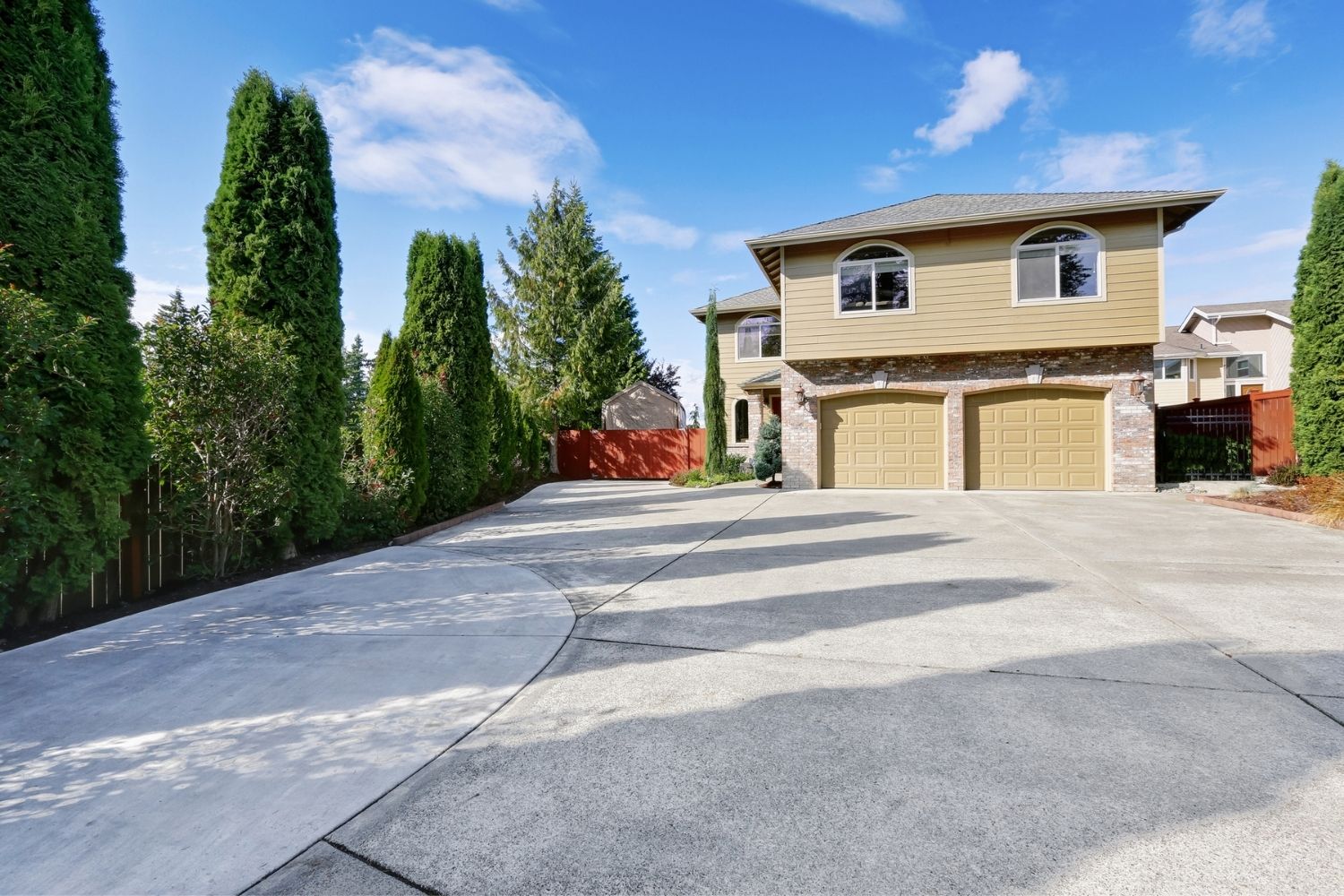
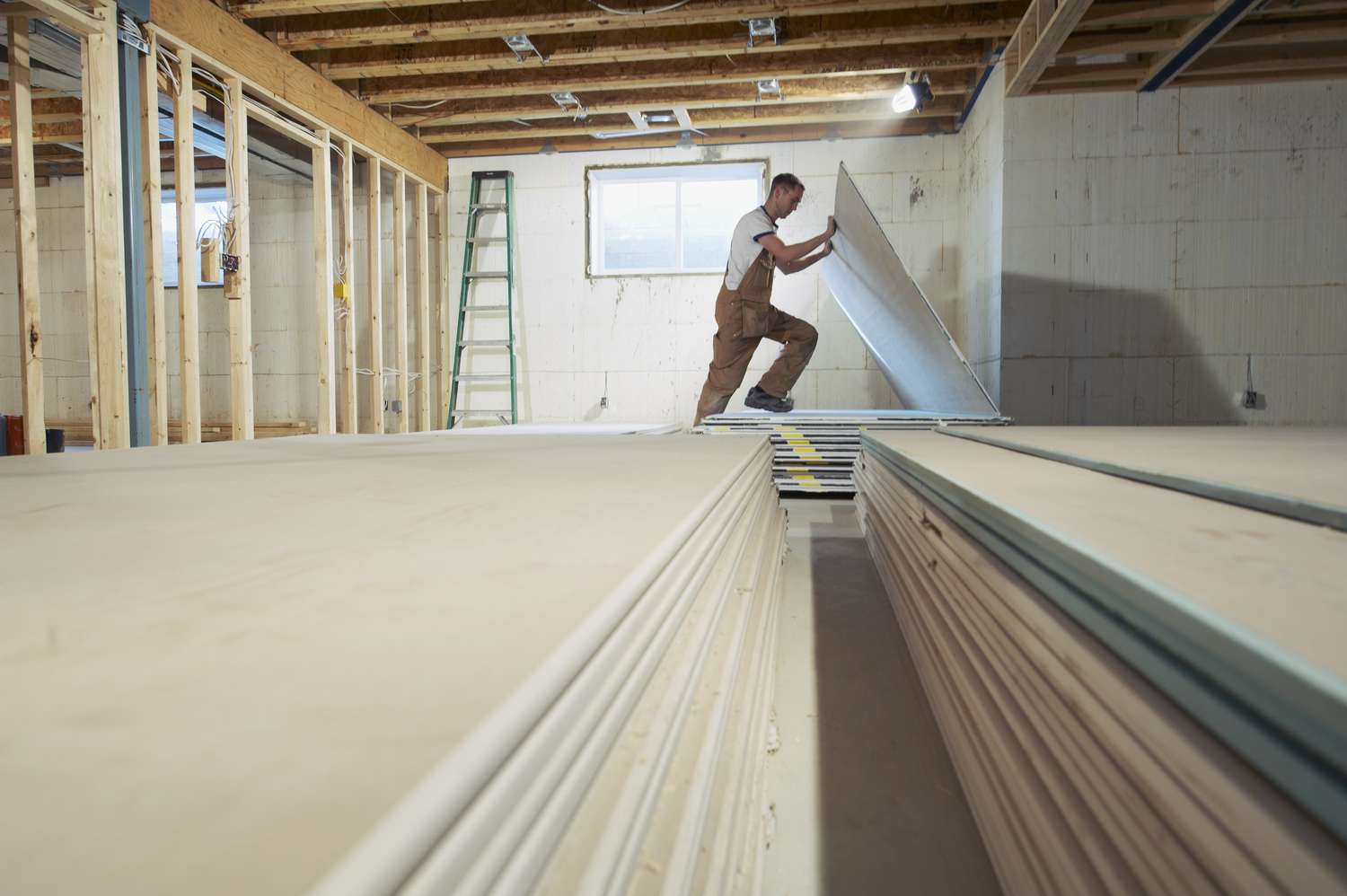
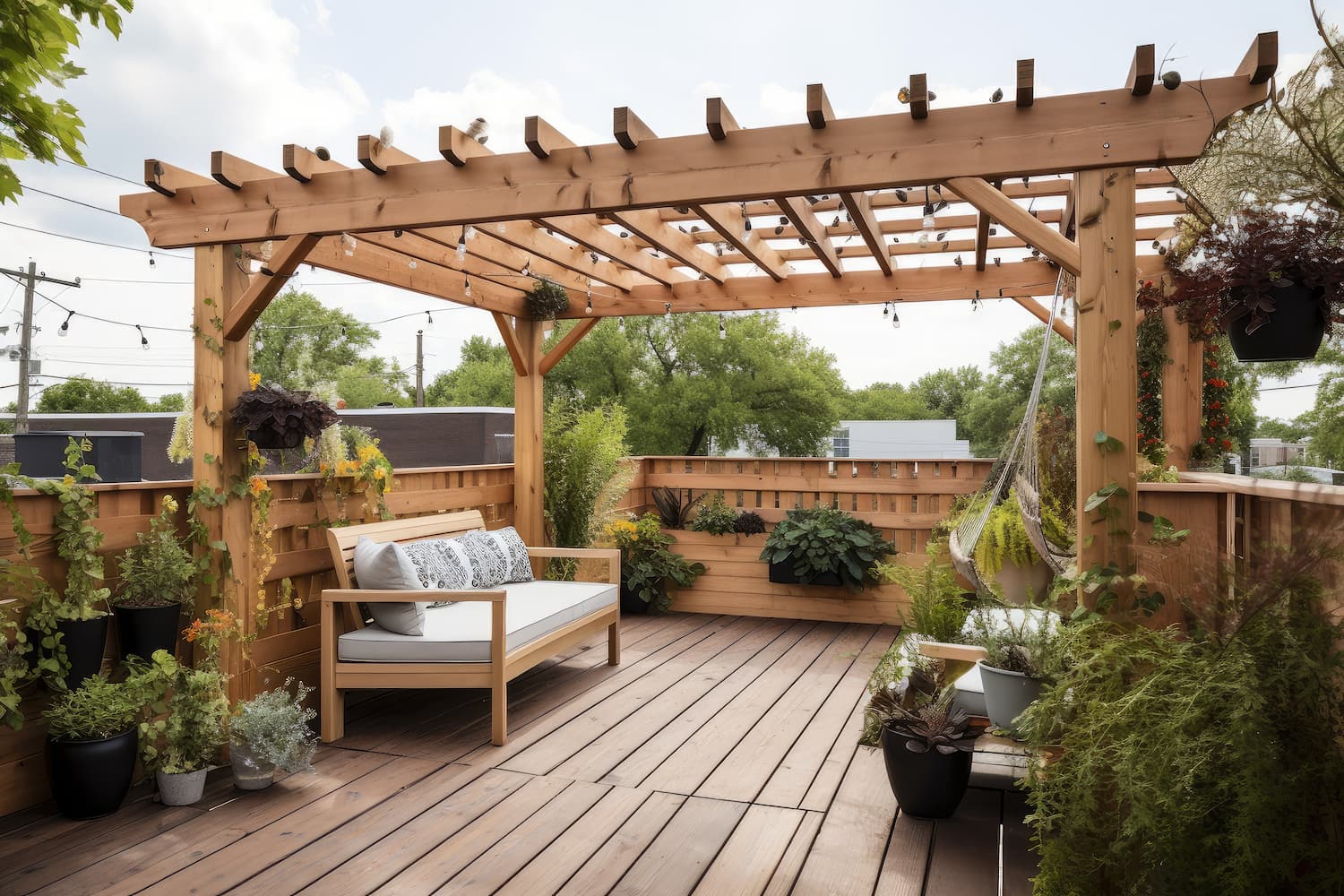

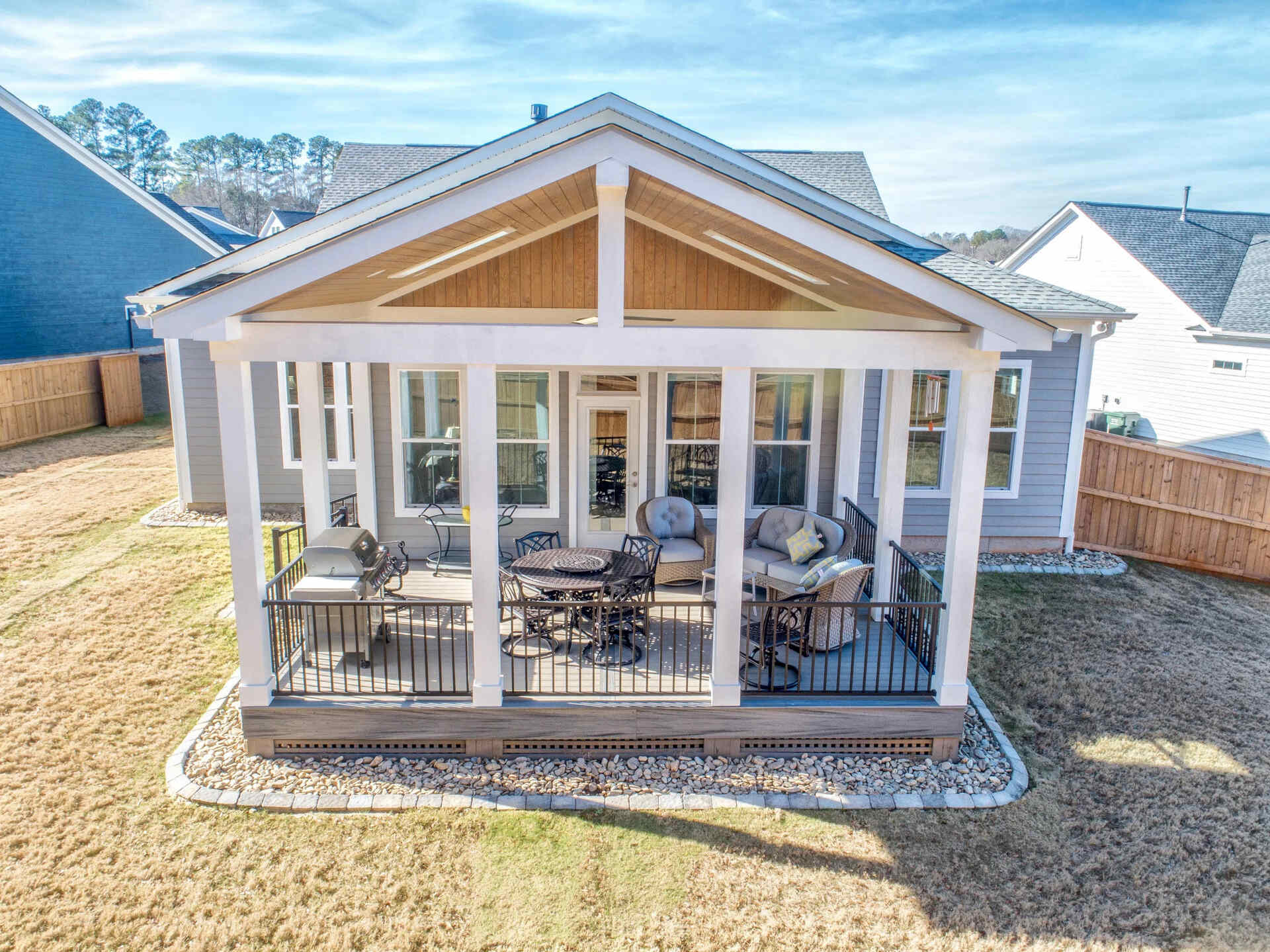
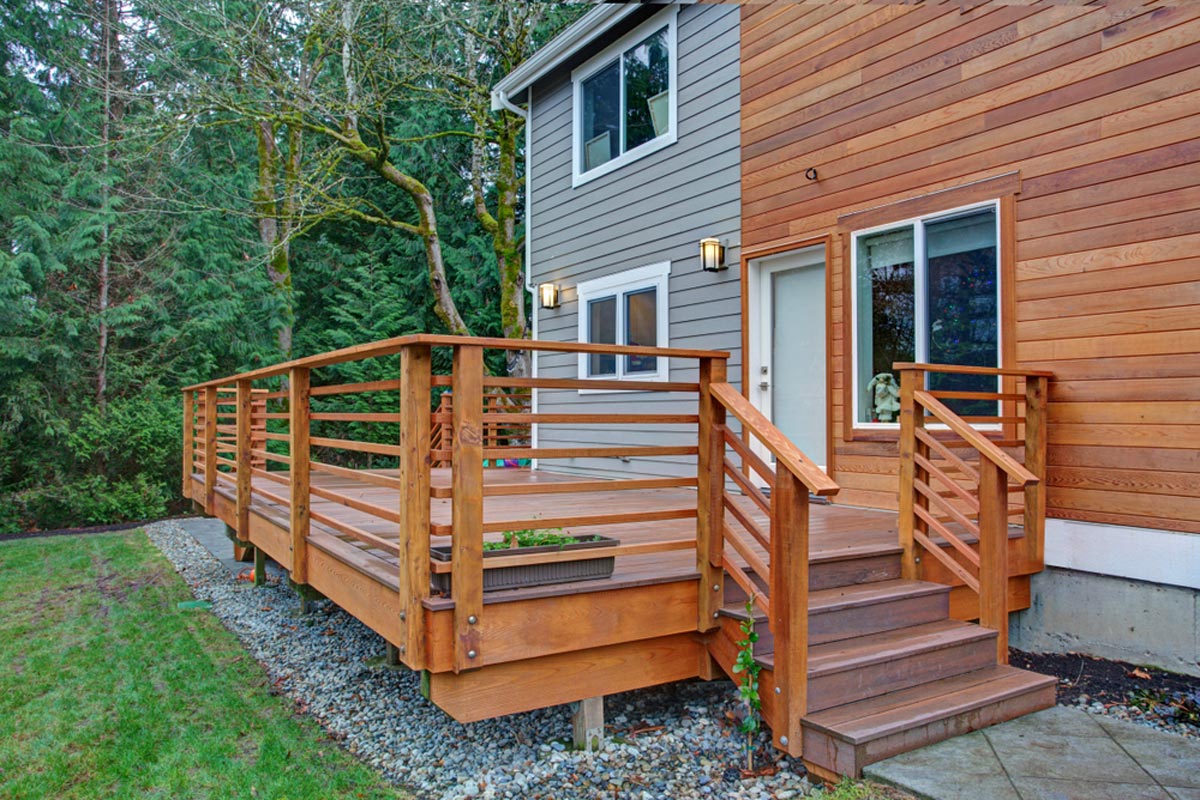
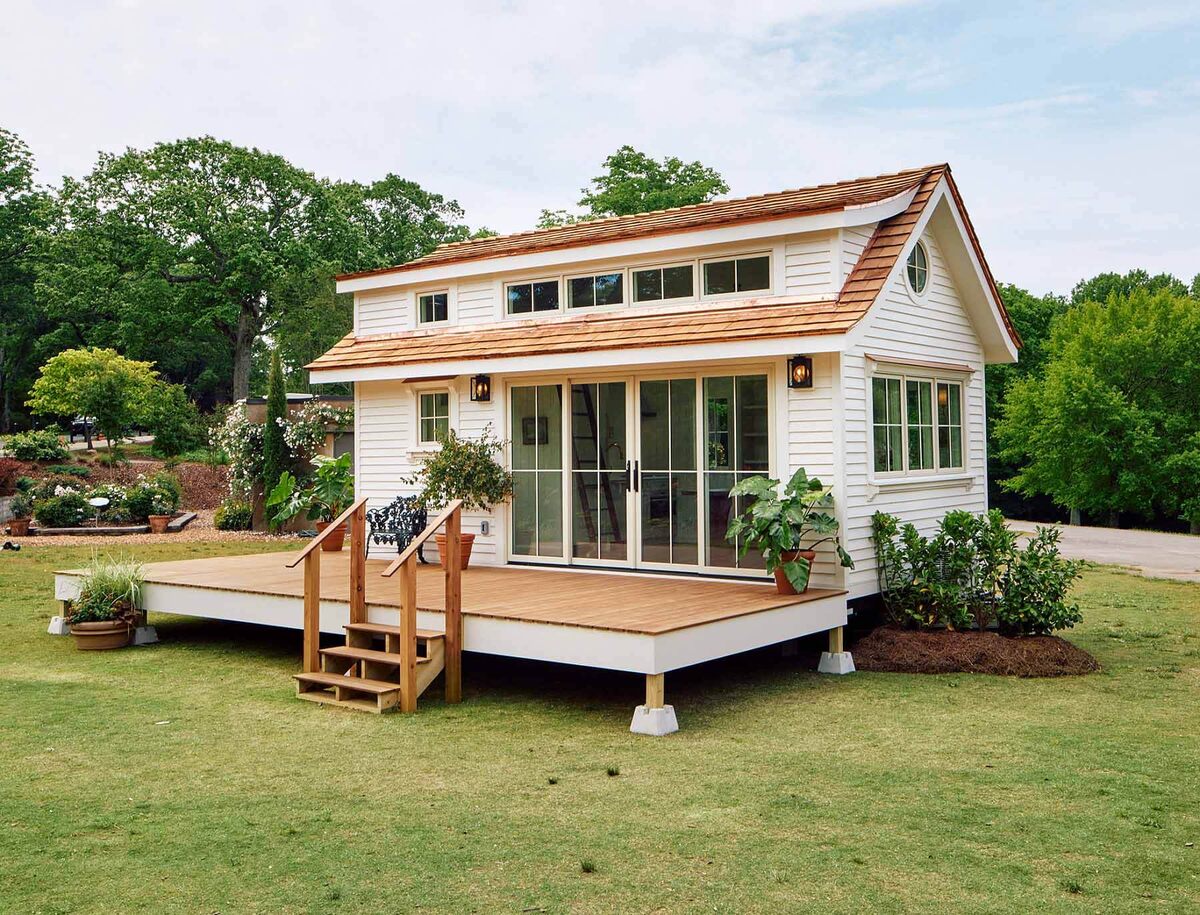
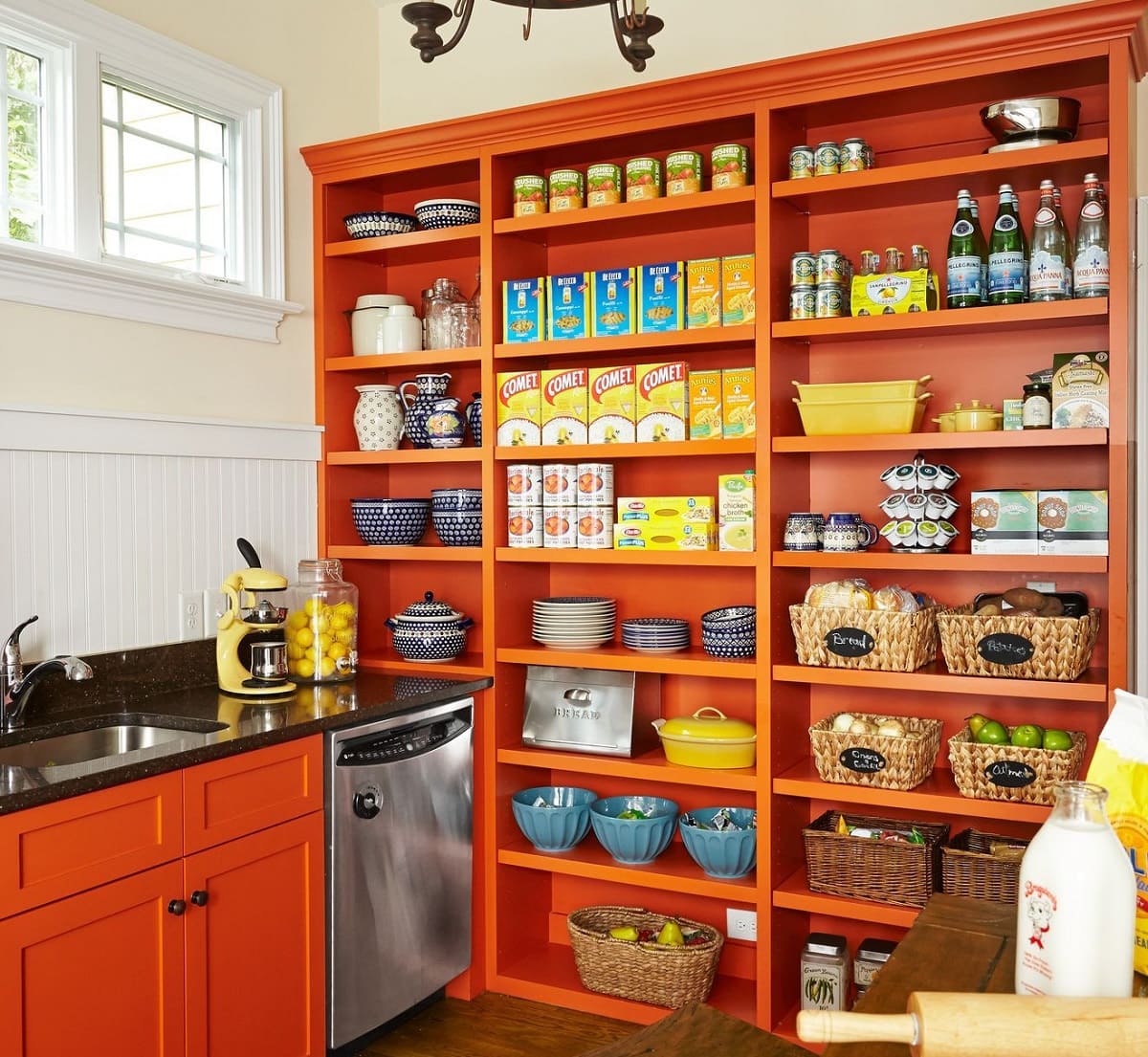



0 thoughts on “How Much Does It Cost To Rent A Building For A Business”